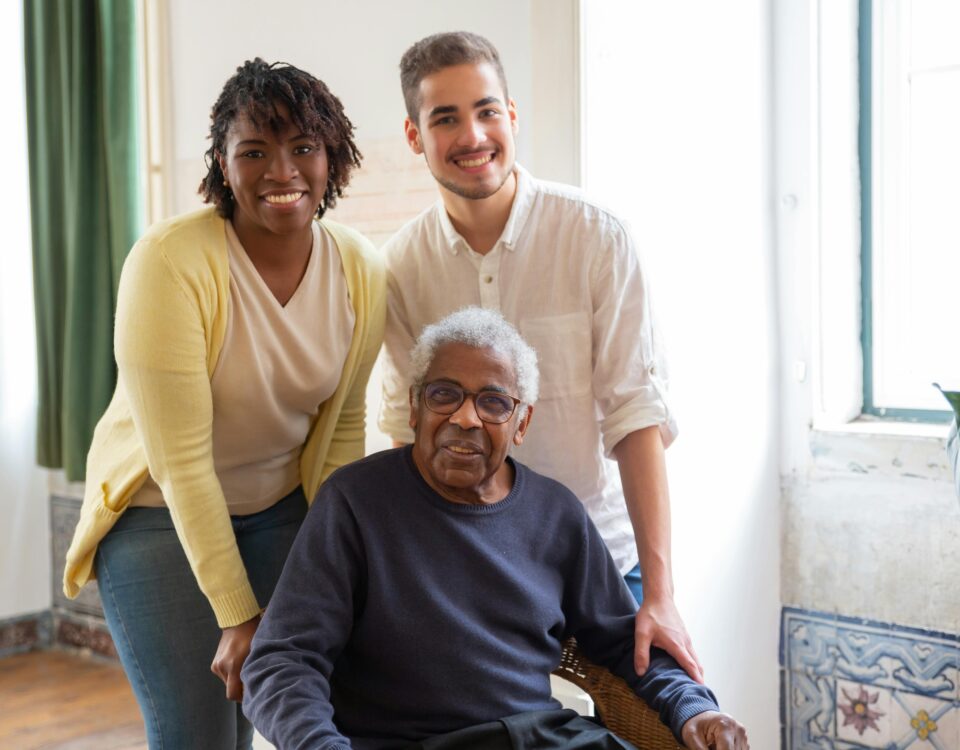You can’t always be there. But we can.
Is It Really Depression or is Your Mom Just Feeling Sad?

What Might Your Senior Need if She Wants to Start a Walking Program?
March 1, 2018
How Can Elder Care Help Your Parent Eat Healthier?
March 8, 2018Is It Really Depression or is Your Mom Just Feeling Sad?
Depression isn’t the norm for seniors as they age, but it’s estimated that about 18.5 percent do suffer from depression. Depression may come following the death of a sibling, spouse, or adult child. It may come after a chronic disease is diagnosed. It can also appear on its own. What’s important is to know the difference between depression and sadness.
What Symptoms of Depression Are Common in the Elderly?

Homecare Huntington Beach CA – Is It Really Depression or is Your Mom Just Feeling Sad?
The common symptoms of depression in senior citizens can mimic other health conditions. Your parent may seem confused and have memory issues. Seniors battling with depression often want to isolate themselves from others and stop enjoying things they loved to do. They may feel physical pain. Appetite and sleep patterns change. They may become delusional or deal with hallucinations.
Seniors who are depressed may seem lethargic and move slowly. They may become very irritable and demanding. They may also constantly ask for help with things you know they can do. Depression can run in families. If you know your grandparents or aunts or uncles were diagnosed with depression, your parent could well also be depressed.
What About Sadness?
After a death or a diagnosis of a chronic condition, it is normal to be sad. It’s an unexpected change that can impact daily routines. Medications may have side effects that affect the emotions.
With sadness, there may be similar symptoms, but they usually don’t last. If you find your parent experiencing the above symptoms for more than a few weeks, you should seek professional care. It may be a good idea to see a doctor sooner. It may turn out to be nothing, but the earlier depression is diagnosed, the sooner your parent can start getting treated with prescription medications or therapeutic services.
Seek Care as Early as Possible
Depression can be treated. Seniors often fear the treatments will be hard to afford. They worry that others will look down on them. Don’t let your parent feel this way. Seek help. Explore avenues to make care affordable. Make sure your parent has companionship and isn’t isolated. Hire a homecare professional to take your mom or dad out to stores or parks. Have that caregiver make sure your parent takes medications each day.
Homecare is a key to helping your mom or dad from letting depression get out of hand. A homecare aide can drive your parent to appointments, be there when they want to talk, and become a trusted friend. Call our homecare agency to discover other services available to your mom or dad.
Sources: https://www.ncoa.org/wp-content/uploads/Depression_Older_Persons_FactSheet_2009.pdf

